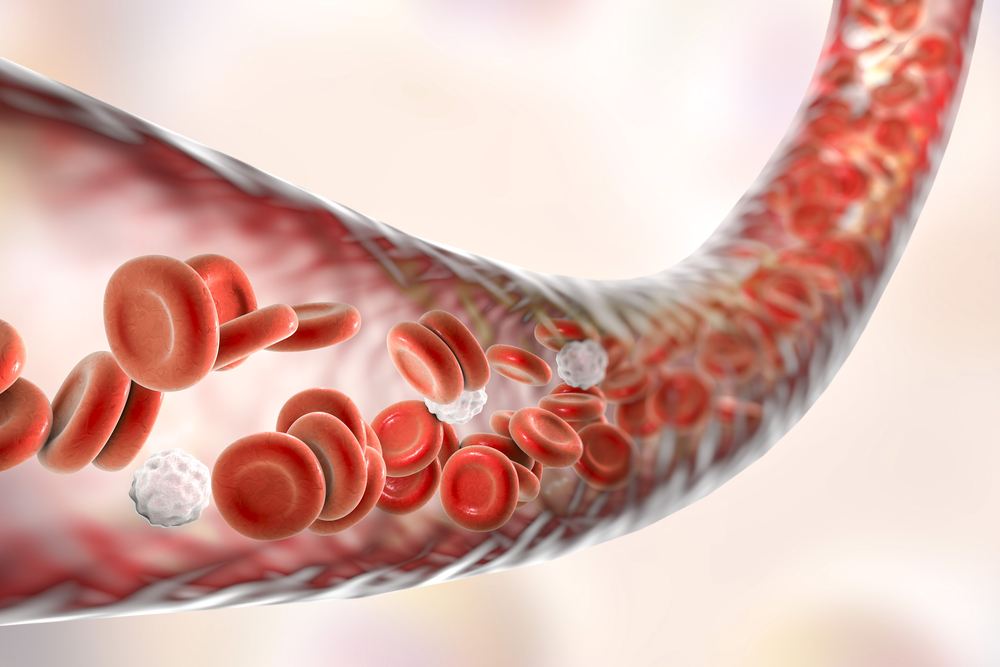
Engineers based at the University of Texas at Austin created a biodegradable oral delivery system for treating hemophilia B that could counteract some of the issues linked to treating this bleeding disorder.
Approximately 400,000 people all over the world are living with either hemophilia A or hemophilia B where they must use an arduous, expensive needle-based administration system in order to combat this condition, per the university’s announcement.
Access to these medications is limited in some parts of the world due to cost while patients must contend with multiple weekly injections to keep symptoms like excessive bleeding under control.
This new system is a capsule comprised of micro and nanoparticles that administers a protein therapy called human factor IX (hFIX) for treating hemophilia B.
Test runs of the prototype demonstrated it could safely travel through the stomach to the small intestine where it begins to swell due to an increase in pH levels. The major intestinal enzyme then begins to degrade the capsule’s shell slowly releasing the drug over an unspecified period of time.
“Based on the current capabilities of this system, approximately two capsules would be equivalent to one injection,” said Sarena Horava, the lead study author and recent Ph.D., graduate of the University of Texas at Austin’s school engineering, in a statement. “However, we anticipate that we will make further improvements to the delivery capacity of the oral delivery system and therefore decrease the capsule amount.”
Ultimately, Horava and her colleagues feel this technology will benefit patients in developing countries the most.
“In many developing countries, the median life expectancy for hemophilia patients is 11 years due to the lack of access to treatment, but our new oral delivery of factor IX can now overcome these issues and improve the worldwide use of this therapy,” added Horava.
The team plans on conducting more tests to verify the system’s capabilities before initiating clinical trials.
Filed Under: Drug Discovery




